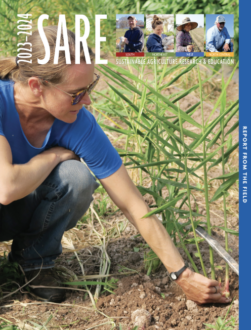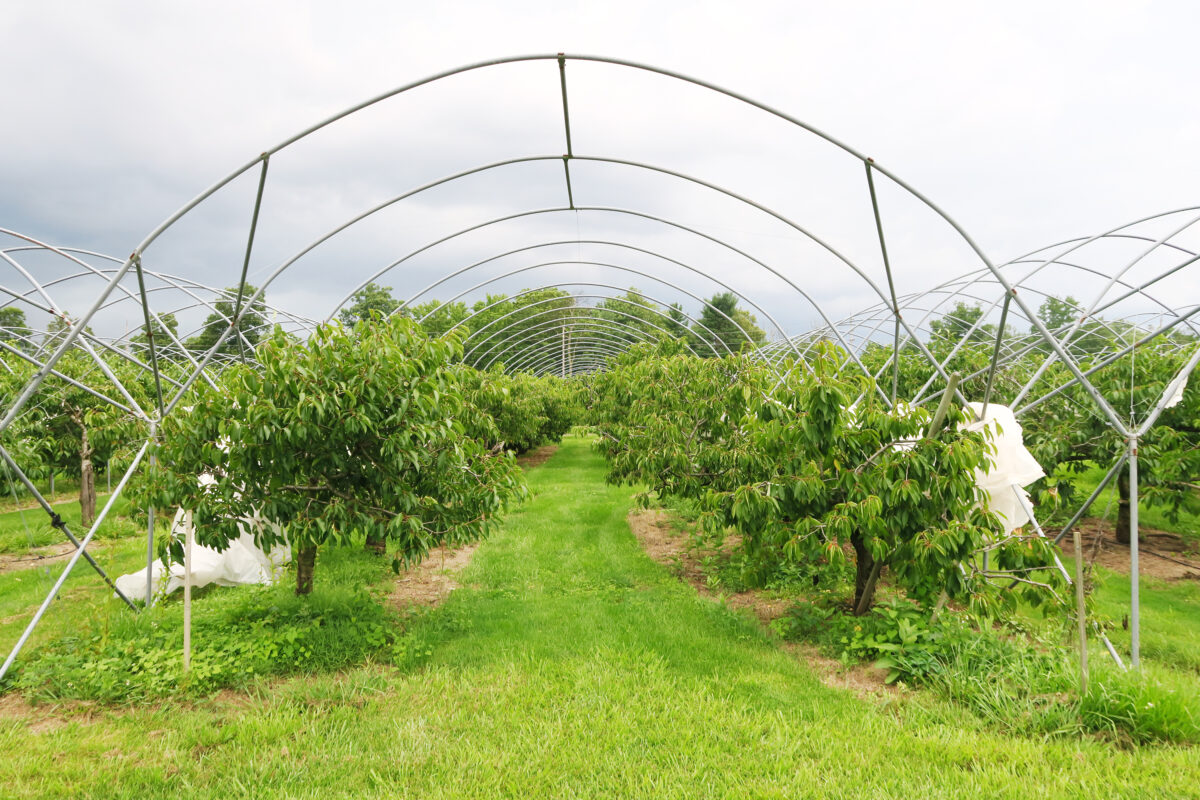
SARE grants have
Jeanine Seabrook
helped our viability
as a business and
demonstrated that
small businesses
can make a positive
impact on the
environment when we
develop relationships
with each other for
the benefit of all.
Glass Rooster Cannery
Letter from the Director
I have always appreciated the value of long-term research as well as the long-term impact of both applied and basic research. The core aspects of the SARE program were developed to have positive, enduring impacts on the environment, farm and ranch profitability, and the quality of life of our communities. I see these impacts in the stories contained in this issue of Report from the Field and in the myriad other projects that have been completed or are ongoing.
In our Southern region, multiple Farmer/Rancher grants over numerous years have resulted in better and higher yielding squash varieties; in the Northeast, a Research and Education grant allowed researcher to demonstrate that the grazing season could be extended by incorporating brassica species into grazing systems; in the North Central region, a Farmer/Rancher grant improved local food access in urban areas of Indiana, demonstrated the value of nutritious foods and provided virtual cooking demonstrations about their preparation; and in the West, a Research to Grassroots grant helped to improve food sovereignty among several Native American tribes by developing and demonstrating mushroom cultivation, thus ensuring that mushrooms will remain an important part of the tribes’ food culture for years to come.
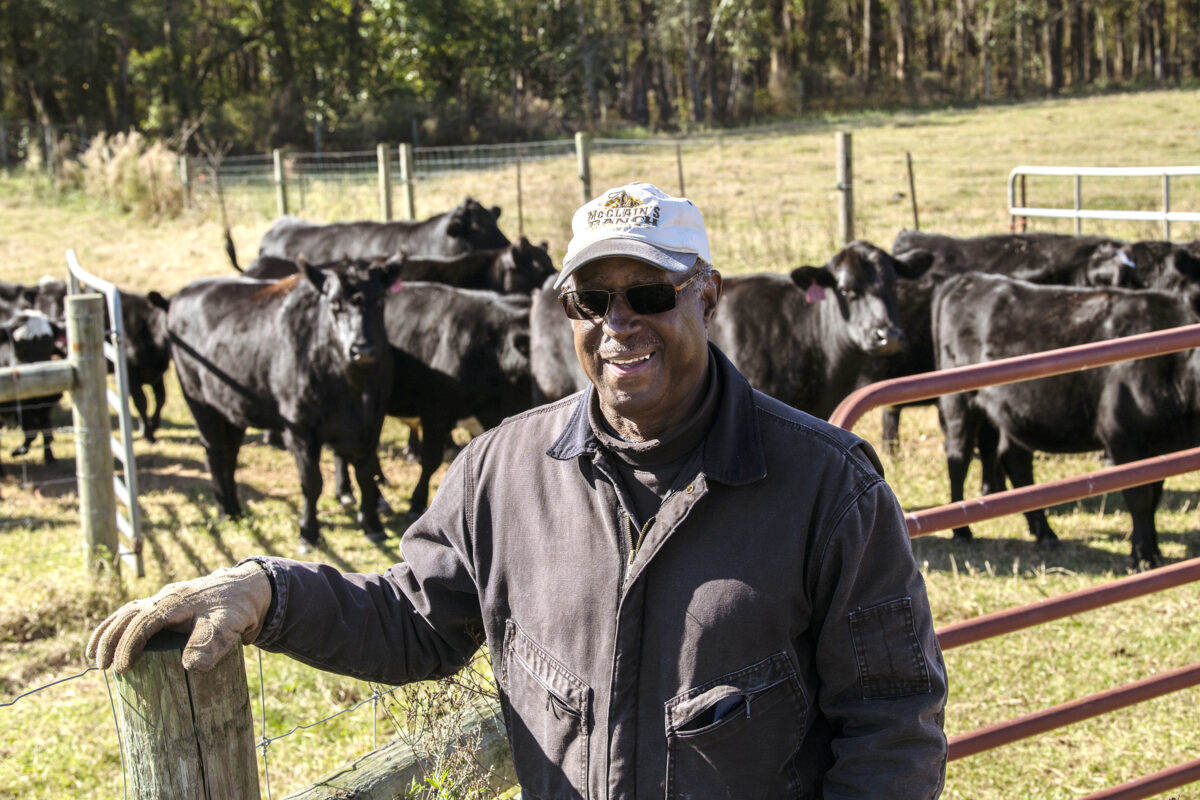
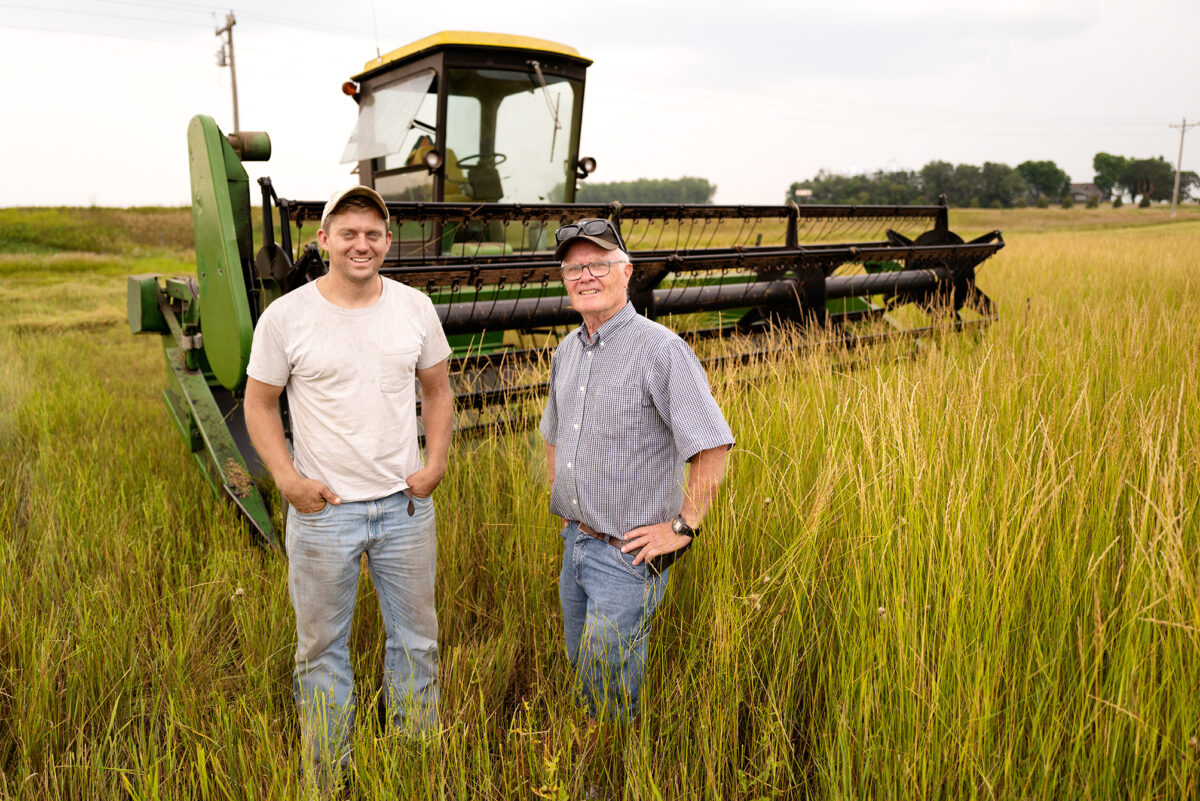
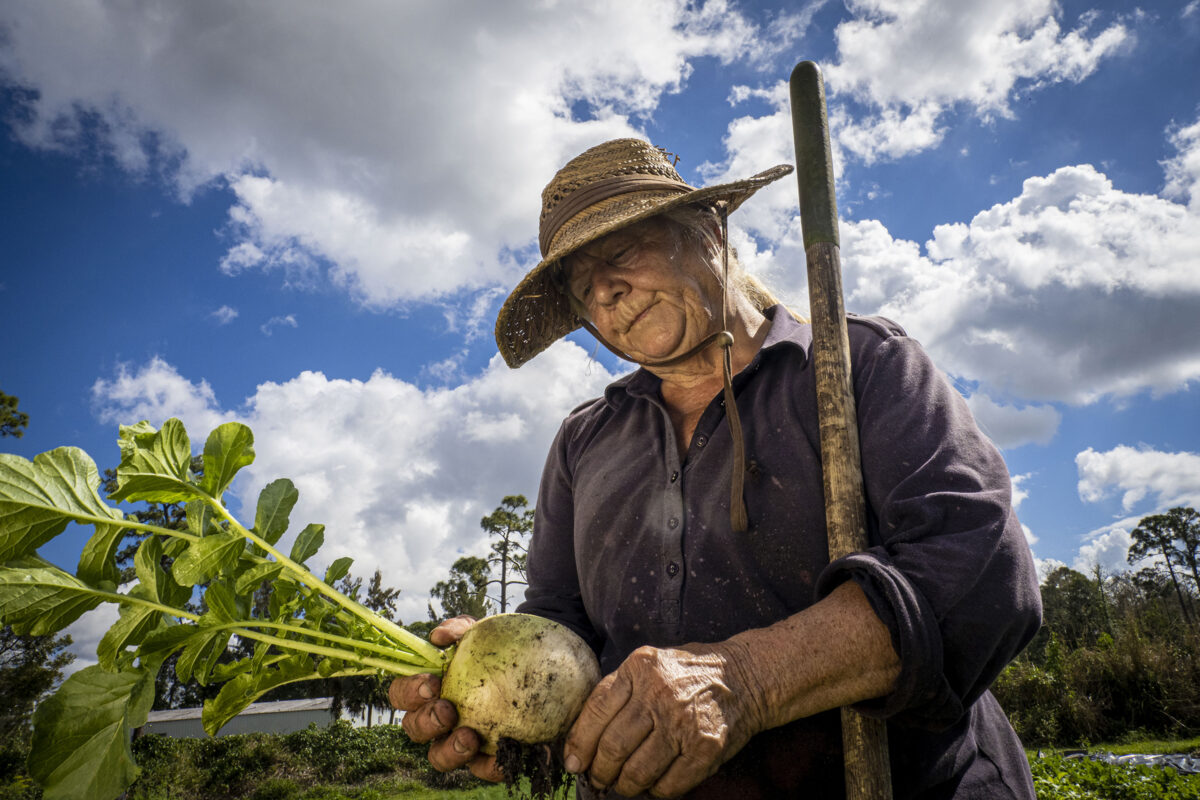
These examples, the others in this issue of Report from the Field, and so many hundreds of others that you can peruse at projects.sare.org, clearly demonstrate the long-term impact of the SARE program on individuals and communities across the country.
What a great program!

Vance Owens, SARE Director
2023
